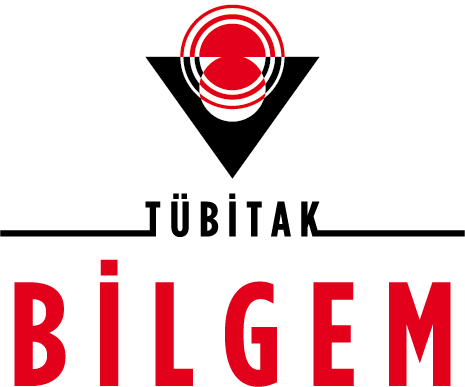UEKAE
Projects
The Completed European Union Projects

Project FP7 ORIGINS (Recommendations for Trusted Underlying Documents Restoring E-Passport Trust and Leveraging Enhanced Border Security)

INGRESS (Innovative Technology for Live Fingerprint Scanners) Project

BEAT (Biometric Evaluation and Testing) Project

eSENS (Electronic Basic European Network Services) Project

eCODEX (e-Justice Communication via Online Data Exchange) Project

STORK2.0
The OngoingEuropean Union Projects

Blockchain Technologies for Vocational Education (BLUEDU) – ERASMUS+ Project
Our Completed European Union Projects
- The Completed Projects
- The Ongoing Projects
The FP7 ORIGINS Project aimed to investigate passport document production and distribution requirements within the European Union Member States/Associated Countries. During the ORIGINS Project research, the passport application/use processes and passport application documents applied by the EU and EU candidate countries were analyzed in detail. Evaluation reports were prepared for each country, and the common nonconformities were detailed with a consolidation study. During the detection of security vulnerabilities and threats that may arise from these vulnerabilities, the methods we recommend were used.
In addition, technical studies were carried out regarding the biometric choices we applied in the TR ID Card and the situations detected in the usage areas in order to eliminate security vulnerabilities.
The INGRESS Project, prepared by TÜBİTAK BİLGEM UEKAE with 10 partners from 8 different European countries, has been awarded support under the FP7 Security Call. The INGRESS Project, led by Morpho from France, was managed by TÜBİTAK BİLGEM UEKAE for Work Package 1 – Requirements Analysis. Within the scope of the INGRESS Project, new imaging technologies were studied for fingerprint readers that can be used in applications such as e-identity, border security, and e-passport. Within the scope of the project, an ultrasonic fingerprint reader and an OCT (Optical Coherence Tomography) based fingerprint reader were developed. Thus, high quality fingerprint images were obtained from fingers that could not be obtained with standard optical-based fingerprint readers.
The FP7 ORIGINS Project aimed to investigate the requirements for the production and distribution of passport documents within the Member States/ Associated Countries of the European Union. During the ORIGINS Project research, passport application/use processes and passport application documents applied by EU and EU candidate countries were analyzed in detail. Assessment reports were prepared for each country and the common nonconformities identified were detailed through a consolidation study. During the identification of security vulnerabilities and the threats that may arise from these vulnerabilities, the methods we proposed were used. In addition, in order to eliminate security vulnerabilities, technical studies were carried out regarding the biometric choices we have implemented in the Turkish ID Card and the situations identified in the areas of use.
The aim of the eSENS Project, of which TÜBİTAK BİLGEM UEKAE is the country coordinator, is to integrate the outputs of various Pilot A Projects (STORK, epSOS, PEPPOL, eCodex and SPOCS) previously initiated in the field of public services and to consolidate the basic building blocks put forward by these projects. It aims to finalize some of the key systems needed for the digital internal market and integrate these structures in key application areas such as e-procurement, business mobility and e-health. Beyond the existing pilot projects, the project has also opened the door to new application areas.
The Ministry of Justice and TÜBİTAK BİLGEM UEKAE took part in the e-Codex Project, which is being carried out across Europe in the field of e-law. The overall objective of the project, which is funded under the Information and Communication Technologies Policy Support Program (ICT-PSP), one of the components of the Competitiveness and Innovation Framework Program supported by the European Commission and to which Turkey is a party by providing financial support, is to ensure that justice systems are integrated and communicate electronically and to enable mutual transactions between national judicial systems through a common platform and to exchange judicial documents, decisions and information electronically. In addition, the eCodex Project aims to enable horizontal interoperability between the activities of the member states, to establish a secure network for the judiciary, and to provide electronic identity management (e.g. for lawyers, courts, judges).
Supported under the 2007 ICT PSP Call and building on the experience gained from the STORK Project, the EU's main e-identity project, this project aimed to ensure the convergence of the public and private sectors in an operational framework and infrastructure for identity verification. The project was based on secure storage and sharing of data, and pilots were carried out on "e-learning and academic qualifications", "e-banking", "public services for business" and "e-health". In addition to Turkey, 62 partners from Spain, Austria, Belgium, Czech Republic, Estonia, France, Greece, Iceland, Italy, Lithuania, Luxembourg, Luxembourg, Netherlands, Portugal, Slovakia, Slovenia, Slovenia, Sweden, Switzerland and the United Kingdom took part in the project, which is closely related to the main e-health and e-government projects such as epSOS, PEPPOL, SPOCS and eCODEX, which are being carried out under the ICT PSP in the European Union.
Blockchain Technologies for Vocational Education (BLUEDU) – ERASMUS+ Project
The aim of the BLUEDU Project is to contribute to the development of innovative digital learning materials to improve the knowledge and digital competencies of vocational education and training educators in the field of Information and Communication Technologies, to reduce educational barriers to help their students contribute to their career development and to prepare them for business life. The project; In order to achieve its goals, activities will be carried out to determine the teaching objectives and to create the teaching outline, to develop the content of the teaching material, to develop and validate the e-book.
(Project stakeholders: TÜBİTAK BİLGEM, EDUJI, EOLAS, AGITTEX.)
Project number: 2021-2-TR01-KA210-VET-000050121
The FP7 ORIGINS Project aimed to investigate passport document production and distribution requirements within the European Union Member States/Associated Countries. During the ORIGINS Project research, the passport application/use processes and passport application documents applied by the EU and EU candidate countries were analyzed in detail. Evaluation reports were prepared for each country, and the common nonconformities were detailed with a consolidation study. During the detection of security vulnerabilities and threats that may arise from these vulnerabilities, the methods we recommend were used.
In addition, technical studies were carried out regarding the biometric choices we applied in the TR ID Card and the situations detected in the usage areas in order to eliminate security vulnerabilities.
The INGRESS Project, prepared by TÜBİTAK BİLGEM UEKAE with 10 partners from 8 different European countries, has been awarded support under the FP7 Security Call. The INGRESS Project, led by Morpho from France, was managed by TÜBİTAK BİLGEM UEKAE for Work Package 1 – Requirements Analysis. Within the scope of the INGRESS Project, new imaging technologies were studied for fingerprint readers that can be used in applications such as e-identity, border security, and e-passport. Within the scope of the project, an ultrasonic fingerprint reader and an OCT (Optical Coherence Tomography) based fingerprint reader were developed. Thus, high quality fingerprint images were obtained from fingers that could not be obtained with standard optical-based fingerprint readers.
The FP7 ORIGINS Project aimed to investigate the requirements for the production and distribution of passport documents within the Member States/ Associated Countries of the European Union. During the ORIGINS Project research, passport application/use processes and passport application documents applied by EU and EU candidate countries were analyzed in detail. Assessment reports were prepared for each country and the common nonconformities identified were detailed through a consolidation study. During the identification of security vulnerabilities and the threats that may arise from these vulnerabilities, the methods we proposed were used. In addition, in order to eliminate security vulnerabilities, technical studies were carried out regarding the biometric choices we have implemented in the Turkish ID Card and the situations identified in the areas of use.
The aim of the eSENS Project, of which TÜBİTAK BİLGEM UEKAE is the country coordinator, is to integrate the outputs of various Pilot A Projects (STORK, epSOS, PEPPOL, eCodex and SPOCS) previously initiated in the field of public services and to consolidate the basic building blocks put forward by these projects. It aims to finalize some of the key systems needed for the digital internal market and integrate these structures in key application areas such as e-procurement, business mobility and e-health. Beyond the existing pilot projects, the project has also opened the door to new application areas.
The Ministry of Justice and TÜBİTAK BİLGEM UEKAE took part in the e-Codex Project, which is being carried out across Europe in the field of e-law. The overall objective of the project, which is funded under the Information and Communication Technologies Policy Support Program (ICT-PSP), one of the components of the Competitiveness and Innovation Framework Program supported by the European Commission and to which Turkey is a party by providing financial support, is to ensure that justice systems are integrated and communicate electronically and to enable mutual transactions between national judicial systems through a common platform and to exchange judicial documents, decisions and information electronically. In addition, the eCodex Project aims to enable horizontal interoperability between the activities of the member states, to establish a secure network for the judiciary, and to provide electronic identity management (e.g. for lawyers, courts, judges).
Supported under the 2007 ICT PSP Call and building on the experience gained from the STORK Project, the EU's main e-identity project, this project aimed to ensure the convergence of the public and private sectors in an operational framework and infrastructure for identity verification. The project was based on secure storage and sharing of data, and pilots were carried out on "e-learning and academic qualifications", "e-banking", "public services for business" and "e-health". In addition to Turkey, 62 partners from Spain, Austria, Belgium, Czech Republic, Estonia, France, Greece, Iceland, Italy, Lithuania, Luxembourg, Luxembourg, Netherlands, Portugal, Slovakia, Slovenia, Slovenia, Sweden, Switzerland and the United Kingdom took part in the project, which is closely related to the main e-health and e-government projects such as epSOS, PEPPOL, SPOCS and eCODEX, which are being carried out under the ICT PSP in the European Union.













